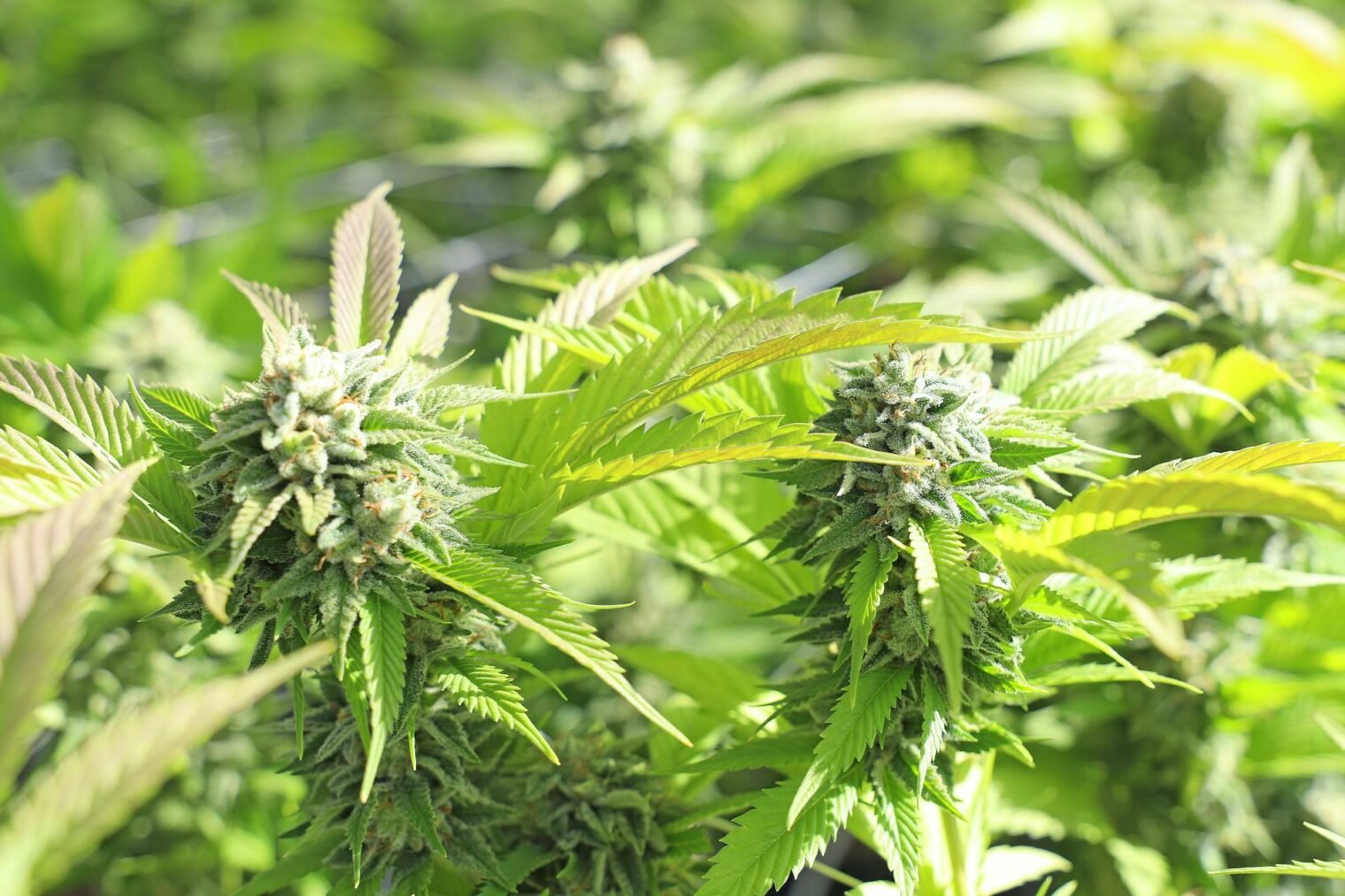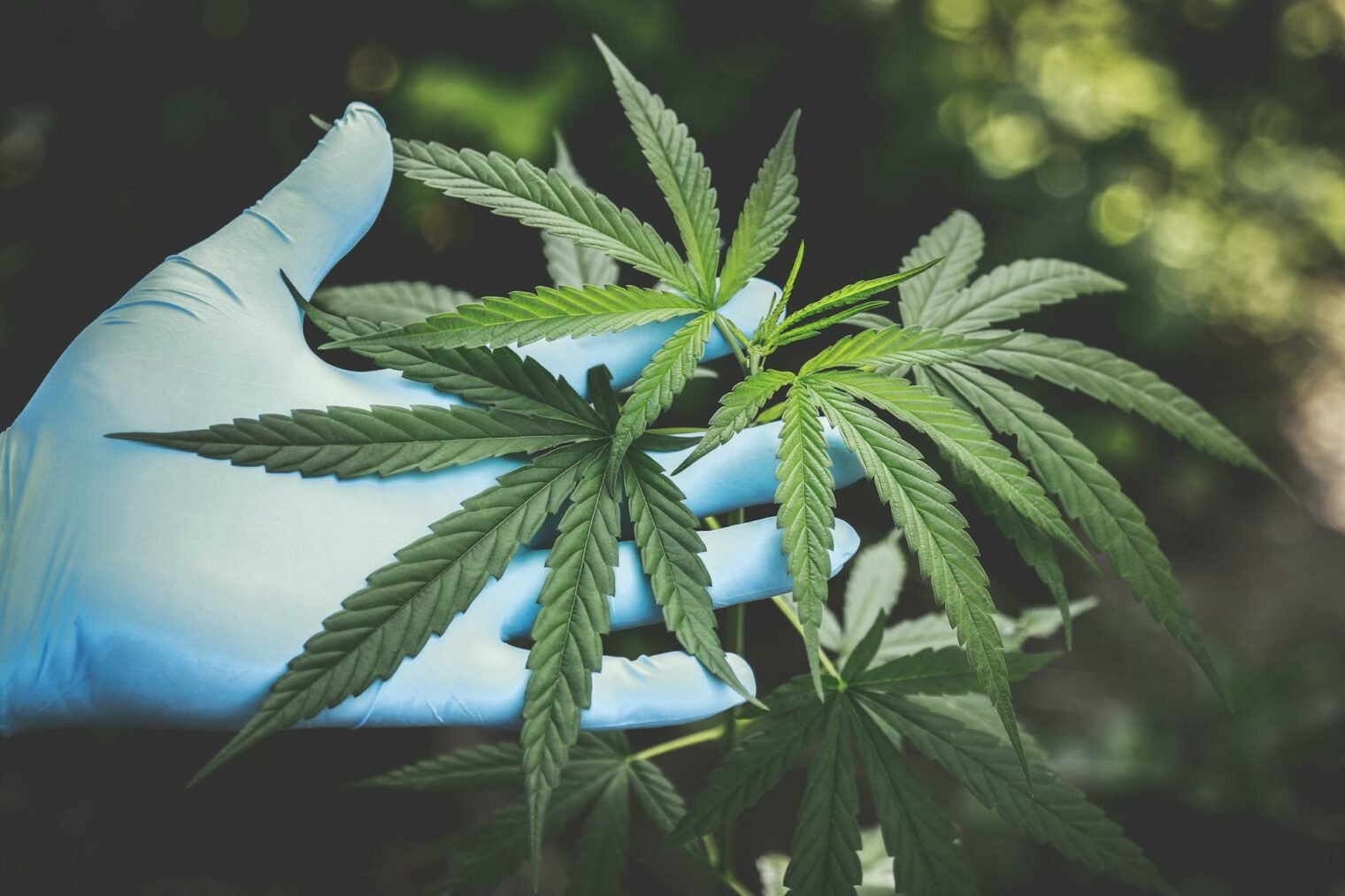Organic Cannabis Farming in Thailand: What You Need To Know

Table of Contents
Getting into organic cannabis farming in Thailand can be confusing. You might be wondering about the laws, how to start your business, or even how to farm cannabis organically. Here’s a fact: Thailand became the first Asian country to decriminalize cannabis in 2021.
That opens up many opportunities.
Our blog will guide you through everything from legal details to starting your own cannabis business in Thailand. We’ll cover growing methods, selling products, and future industry trends—all focusing on organic practices.
Ready to grow? Keep reading to find out more about cannabis farming in Thailand!
The Legal Status of Cannabis in Thailand
Thailand made history in 2018 by becoming the first Asian country to legalize medical cannabis. This groundbreaking decision marked a shift in the nation’s approach to cannabis, moving from strict prohibition to regulated acceptance for medical purposes.
The government has issued guidelines detailing how individuals and businesses can engage in legal cannabis cultivation, indicating a supportive stance towards organic farming practices within set regulations.
The legislation further evolved in 2021, with Thailand decriminalizing the possession and use of cannabis to some extent. This change allows people to grow and consume cannabis privately without facing criminal charges, provided they comply with specific rules established by Thai authorities.
These adjustments reflect Thailand’s progressive attitude towards creating a regulated but thriving market for both medicinal and potential recreational uses of cannabis. Moving forward, understanding how to start a cannabis business in Thailand becomes crucial for entrepreneurs looking to tap into this emerging industry.
How to Start a Cannabis Business in Thailand
To start a business for cannabis farming in Thailand, you need to understand the legal requirements and regulations. Understanding the steps to starting a business and the types of cannabis licenses available is crucial for navigating the complexities of the industry.
Foreign-owned companies
Foreign-owned companies can engage in the cannabis industry in Thailand by registering their business with the appropriate government agencies. This process involves obtaining the necessary permits and licenses, such as a cannabis cultivation license or a cannabis trading permit.
Foreign investors must also adhere to local regulations regarding shareholding structures and ownership percentages. Additionally, it is crucial for foreign-owned companies to establish strong partnerships with local entities to ensure compliance with Thai laws and foster positive relationships within the community.
Thailand’s commitment to fostering a thriving cannabis industry includes opportunities for foreign-owned companies to participate in sustainable agricultural practices and contribute to the growth of the market while respecting environmental stewardship principles.
Types of cannabis licenses
There are different types of cannabis licenses available in Thailand, including those for cultivation, research, and medical purposes. Cultivation licenses allow individuals or companies to grow cannabis for commercial purposes under strict regulations set by the Thai government.
Research licenses are granted to organizations conducting studies on cannabis for medicinal or other scientific purposes. Additionally, medical licenses permit businesses to produce and distribute pharmaceutical products derived from cannabis for medical use.
Moving forward, let’s delve into the specific steps required to start a successful cannabis business in Thailand.

Steps to starting a business
To start a cannabis business in Thailand, you will need to follow specific steps. First, research the legal requirements for foreign-owned companies looking to enter the cannabis industry in Thailand.
Then, identify the types of cannabis licenses available and determine which one is suitable for your business. After that, meticulously complete all required paperwork and submit your application for the chosen license.
Once approved, you can commence operations according to Thai regulations.
Activities Allowed in a Cannabis Business
A cannabis business in Thailand may involve growing and cultivating cannabis plants, selling and distributing cannabis products, or even opening a coffee shop catering to cannabis enthusiasts.
To learn more about the opportunities in this ever-evolving industry, continue reading.
Growing and cultivating
Cannabis cultivation in Thailand requires adherence to specific guidelines and regulations. Cultivators must obtain the necessary permits and licenses to grow cannabis legally in the country.
Techniques for organic crop production are encouraged, promoting eco-friendly farming practices aligned with Thailand’s cannabis industry regulations. Organic farming methods should underpin all aspects of cannabis plant cultivation, reflecting a commitment to natural and sustainable approaches.
Cultivators seeking opportunities in Thailand’s cannabis market need to understand the legal requirements and complexities involved in cultivating this ever-evolving industry. It is advisable to approach cannabis business operations with meticulous attention tailored towards organic cultivation practices that enhance sustainable growth within the realm of natural farming methods.
Selling and distributing
Selling and distributing cannabis products in Thailand requires a proper understanding of the legal framework. Businesses must obtain the necessary licenses to engage in these activities, ensuring compliance with regulations set by the Thai FDA.
Proper labeling and packaging are essential for retail distribution, meeting consumer demands for organic and eco-friendly cannabis products. Companies can establish strategic partnerships with authorized dispensaries to expand their market reach while adhering to strict guidelines for product quality and safety.
When it comes to marketing cannabis products, businesses should focus on education and awareness among consumers regarding the benefits of organic cultivation practices. Implementing effective sales strategies is crucial for establishing a strong presence in the growing cannabis market in Thailand, emphasizing transparency in sourcing, production methods, and environmental sustainability throughout the distribution process.
Opening a coffee shop
After selling and distributing cannabis products, another potential activity allowed in a cannabis business is opening a coffee shop. This can provide customers with a space to relax and socialize while enjoying cannabis products or related merchandise.
Offering organic and eco-friendly options for both cannabis and coffee can attract environmentally conscious consumers. Creating a welcoming atmosphere that aligns with the holistic experience of organic cannabis farming is essential for leveraging this business opportunity.
Integrating sustainable practices into the operation of the coffee shop, such as using recyclable materials and minimizing waste, complements the eco-friendly ethos of organic cannabis farming.
Smoking regulations
The smoking of cannabis is regulated in Thailand. Smoking marijuana is permitted only in designated areas or within private residences, according to the regulations. Public smoking and driving under the influence are strictly prohibited.
It’s important to adhere to these regulations when engaging with cannabis products in Thailand, ensuring compliance with the law and promoting responsible consumption practices.
The Future of the Cannabis Industry in Thailand
The future of the cannabis industry in Thailand looks promising, with the government’s commitment to creating a well-regulated market and exploring export opportunities. The country’s favorable climate and rich agricultural tradition position it as a potential leader in organic cannabis farming.
As global demand for eco-friendly and sustainable products rises, Thailand is poised to play an essential role in meeting these needs, thereby stimulating economic growth and innovation within the industry.
Moving forward, technological advancements will undoubtedly shape the landscape of cannabis farming in Thailand. Leveraging cutting-edge cultivation techniques and environmentally friendly practices will be crucial to maintaining competitiveness on a global scale.
Additionally, ongoing research into diverse strains and product development will further contribute to solidifying Thailand’s position as a key player in the international cannabis market.
Cannabis Farming in Thailand
Let’s summarize what we’ve learned about organic cannabis farming in Thailand. The strategies for starting a cannabis business, types of licenses, and permitted activities provide practical and efficient guidance.
Emphasizing the importance of understanding the legal status and potential impact on the industry is crucial. Readers can explore further resources to deepen their knowledge or seek additional guidance.
Ultimately, this topic inspires further reflection on sustainable practices within an ever-evolving industry.


